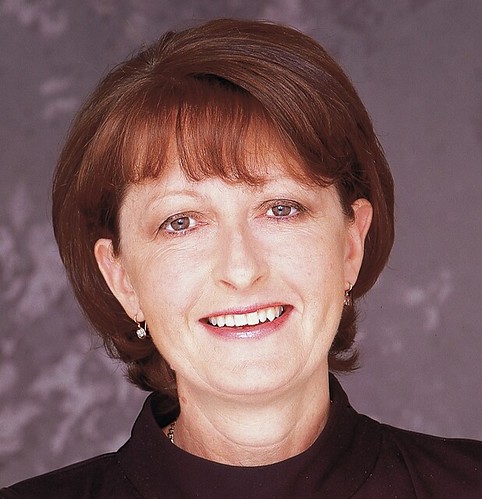Super GP clinics not health panacea
It’s like some sort of trump card dragged out by pollies of all persuasions before each election – “GP clinics”. Now Kevin Rudd’s promising us “GP super clinics”; “super-duper GP clinics” will probably be next.
While it’s great that health, especially primary health, is so firmly on the agenda in the upcoming federal election, I can’t be the only one with a sense of déjà vu.
But while overall the clinics have much to recommend them, what really troubles me about the promises, regardless of which side of politics is doing the promising, is the underlying muddy thinking.
To listen to Kevin Rudd you’d think “GP super clinics” are the panacea for all the health system’s ills.
For instance, Mr Rudd says they will reduce the pressure on emergency departments and people will no longer have to go to A and E for every little thing. He’s on thin ice here. For a start, GPs and emergency doctors agree on this one, only a minority of patients attending A and E are in the most serious categories. As well, the clinics are to be set up in the bush and outer suburbs, not necessarily where ED and hospital overcrowding is at its worst.
Nor will new clinics, whether super or not, fix the politicians’ problem of patient demands for medical access 24/7 for non-emergency care.
Furthermore, according to reports most of the funds would go to infrastructure, in other words for the actual buildings by providing grants of between $1 million and $10 million. But lovely as a large purpose-built clinic might be, the lack of them is not our main problem – which is a shortage of GPs willing to work in rural and outer metropolitan areas. The health system won’t be improved significantly by clinics pinching the doctor down the road.
On the other hand, some of the claimed benefits are real. True integrated, multidisciplinary care benefits patients with chronic illnesses, regardless of where they live. And such clinics would be great for training some of the upcoming flood of medical graduates, so long as they’re in the right hands, which brings us to the need for quality assurance. Funding issues are another unacknowledged stumbling block which needs to be overcome.
So bring on “GP super clinics”, but let’s be very careful about expecting them to solve all our problems, and even more careful about how they’re set up and by whom.
While it’s great that health, especially primary health, is so firmly on the agenda in the upcoming federal election, I can’t be the only one with a sense of déjà vu.
But while overall the clinics have much to recommend them, what really troubles me about the promises, regardless of which side of politics is doing the promising, is the underlying muddy thinking.
To listen to Kevin Rudd you’d think “GP super clinics” are the panacea for all the health system’s ills.
For instance, Mr Rudd says they will reduce the pressure on emergency departments and people will no longer have to go to A and E for every little thing. He’s on thin ice here. For a start, GPs and emergency doctors agree on this one, only a minority of patients attending A and E are in the most serious categories. As well, the clinics are to be set up in the bush and outer suburbs, not necessarily where ED and hospital overcrowding is at its worst.
Nor will new clinics, whether super or not, fix the politicians’ problem of patient demands for medical access 24/7 for non-emergency care.
Furthermore, according to reports most of the funds would go to infrastructure, in other words for the actual buildings by providing grants of between $1 million and $10 million. But lovely as a large purpose-built clinic might be, the lack of them is not our main problem – which is a shortage of GPs willing to work in rural and outer metropolitan areas. The health system won’t be improved significantly by clinics pinching the doctor down the road.
On the other hand, some of the claimed benefits are real. True integrated, multidisciplinary care benefits patients with chronic illnesses, regardless of where they live. And such clinics would be great for training some of the upcoming flood of medical graduates, so long as they’re in the right hands, which brings us to the need for quality assurance. Funding issues are another unacknowledged stumbling block which needs to be overcome.
So bring on “GP super clinics”, but let’s be very careful about expecting them to solve all our problems, and even more careful about how they’re set up and by whom.


0 Comments:
Post a Comment
<< Home